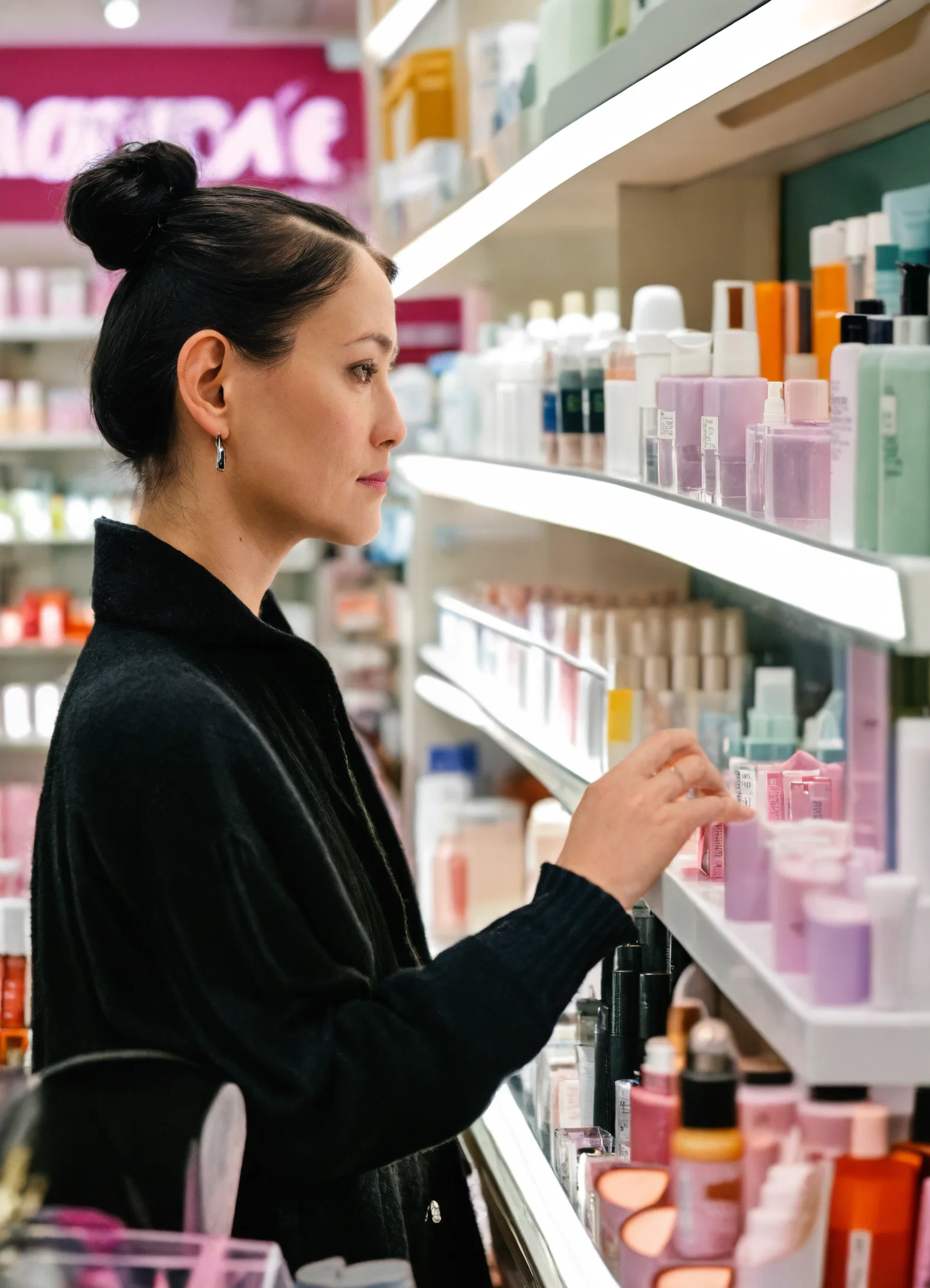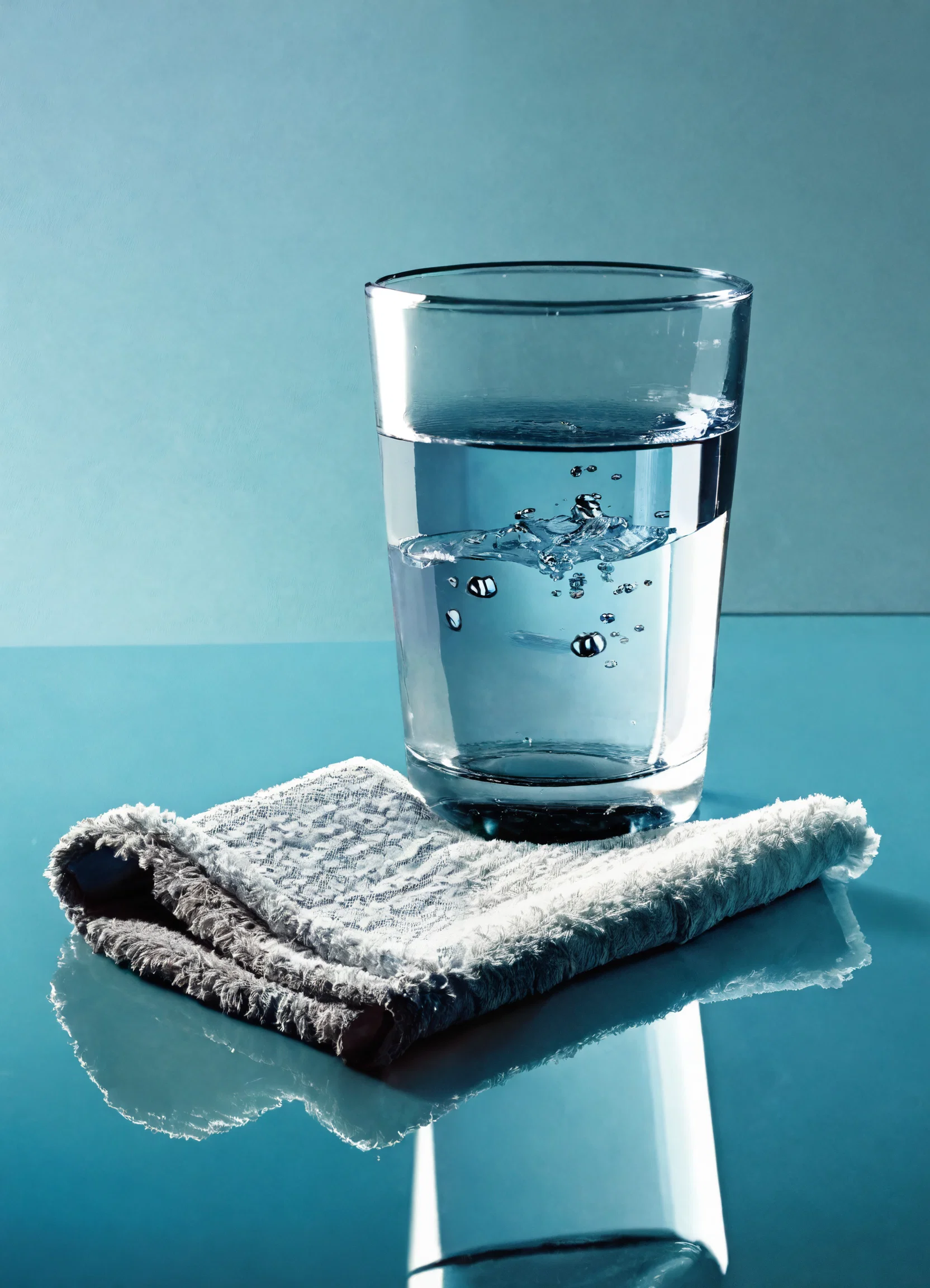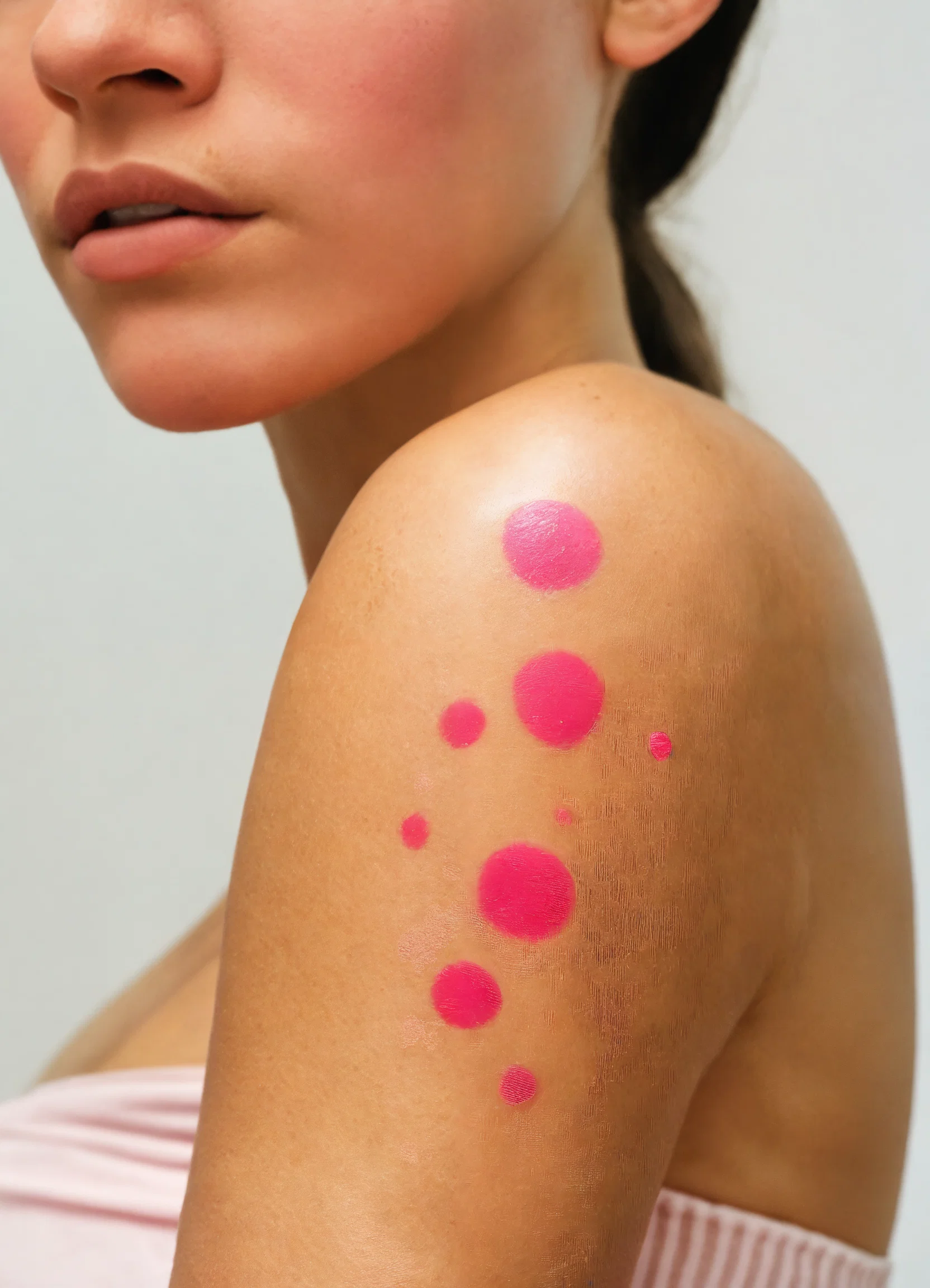Tag: question
-

Q: Are antioxidants really beneficial in skincare? I don’t notice any effects from them…
Yes, they are beneficial. Numerous studies demonstrate the effectiveness of antioxidants in reducing oxidative stress in skin cells. However, this effect is difficult to see in the mirror since it operates at a cellular level as a preventive measure. You’re unlikely to see noticeable changes in your skin after just a few days, weeks, or…
-

Q: I started using acids, Vitamin C, and retinol but don’t see any effects! When can I expect results?
Bringing home a new skincare product can be exciting, but soon you’re left wondering: when will it start working? It all depends on what’s inside the product!
-

Q: What is the difference between new and old chemical SPF filters?
Let’s start with a bit of SPF “ageism” by distinguishing old filters from new ones. The new filters include…
-

Q: Should AHA, BHA, and PHA acids be applied to dry or damp skin?
All keratolytics (which, in fact, include not only AHA/BHA/PHA but also urea and acids from other groups like azelaic acid) are recommended to be applied to dry skin. Why?
-

Q: How to get rid of breakouts that occur regularly before my period?
Firstly (and importantly): breakouts related to the menstrual cycle are absolutely normal. Knowing this can make it easier to handle: you no longer feel like your skin is rebelling despite all your retinols, vitamins, and probiotic serums. This process is regulated by hormones and happens every month for most women on this planet.
-

Q: Do I need to store skincare products with active ingredients in the fridge?
Recently, I came across several Instagram posts from cosmetologists claiming that products with retinol, vitamin C, and acids should be stored in the fridge. Otherwise, they will spoil. This is not true. Storing skincare products in the fridge is not the best idea.
-

Q: How to test cosmetics for individual reactions before use?
Even if we avoid all potential allergens in cosmetics, there’s always a chance of an individual reaction, where an ostensibly harmless cream like CeraVe might cause redness or burning. For such cases, dermatologists recommend performing patch tests.
-

Q: Don’t you think it’s odd to have bacteria in skincare products? Why are there probiotics in some creams?
At first glance, the idea of adding bacteria to skincare products might seem strange, especially given the common association of bacteria with breakouts and diseases. However, this perspective overlooks the essential role that beneficial bacteria play in maintaining healthy skin.
-

Q: Are Self-Tanners Safe? Or Not Really?
We know that using tanning beds or sunbathing until you’re crispy is harmful (both can accelerate skin aging and increase the risk of skin cancer). This leaves few “legal” ways to achieve a golden retriever-like glow for your face and body. One of these ways is using self-tanner. Just be careful not to overdo it!
-

Q: What is an individual reaction to skincare products and how to deal with it?
Cosmetic products – from shampoo to lipstick and even perfumes – can cause skin redness, itching, rashes, swelling, or irritation. A dermatological study published in 2010 showed that more than a third of 945 participants had at least one allergic reaction to cosmetic ingredients. Why does this happen, and does it mean that the manufacturer…
